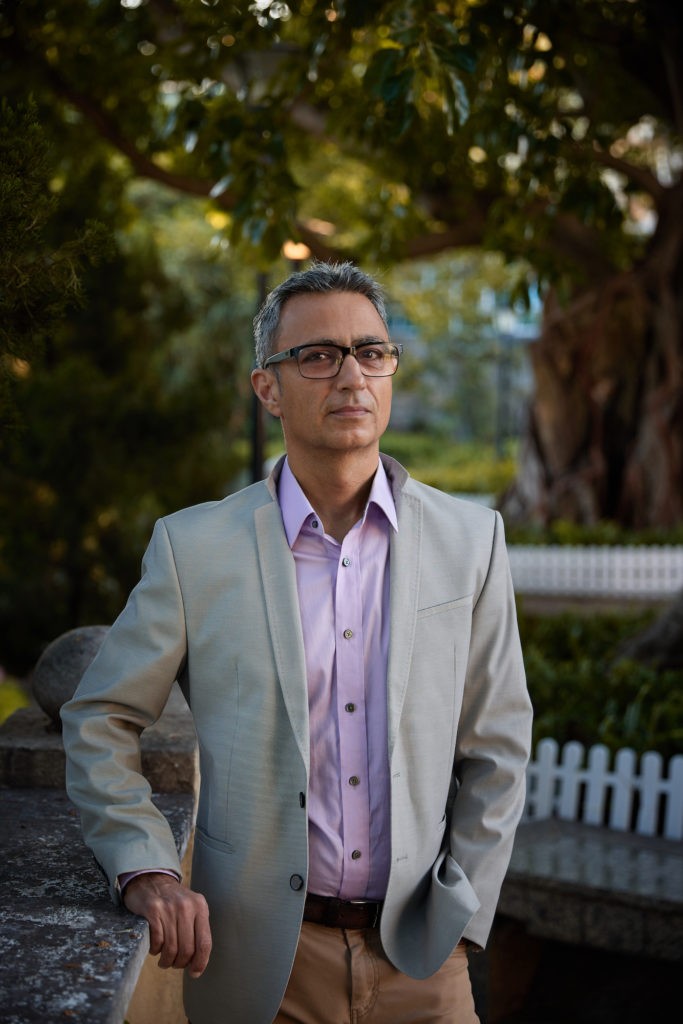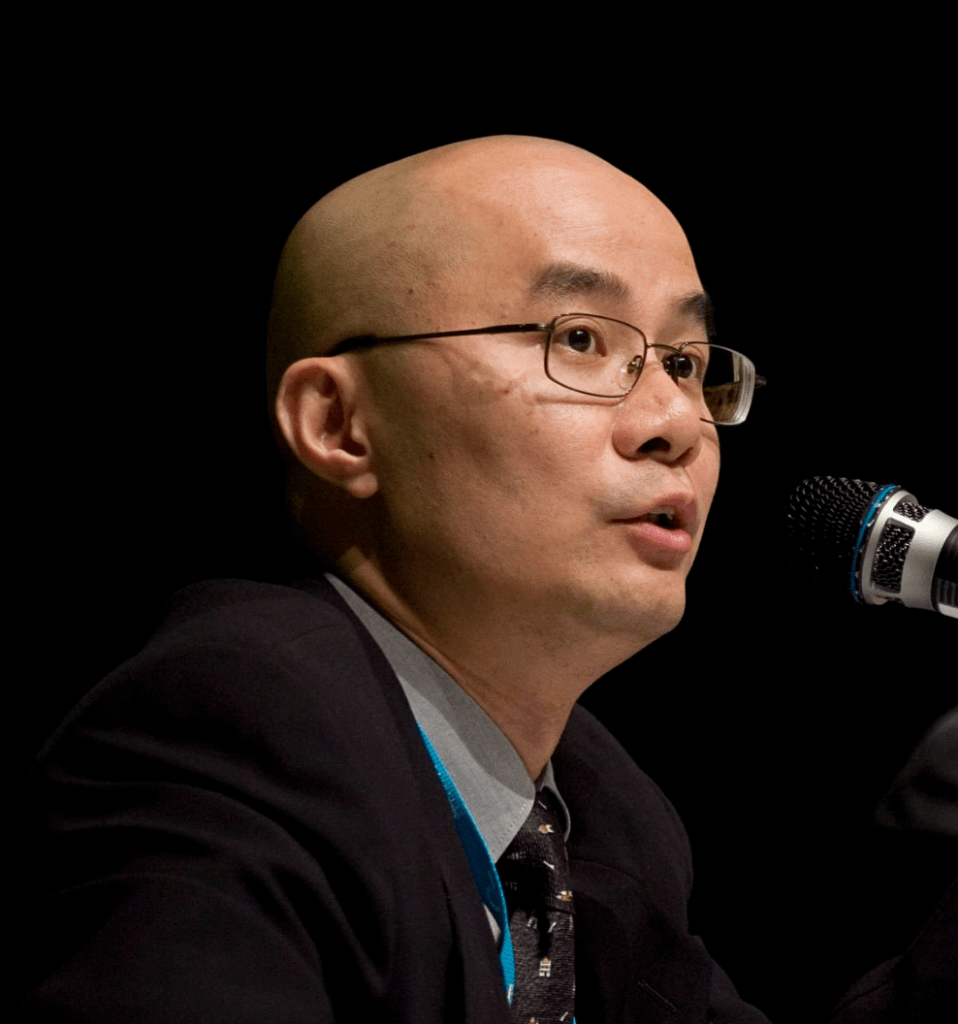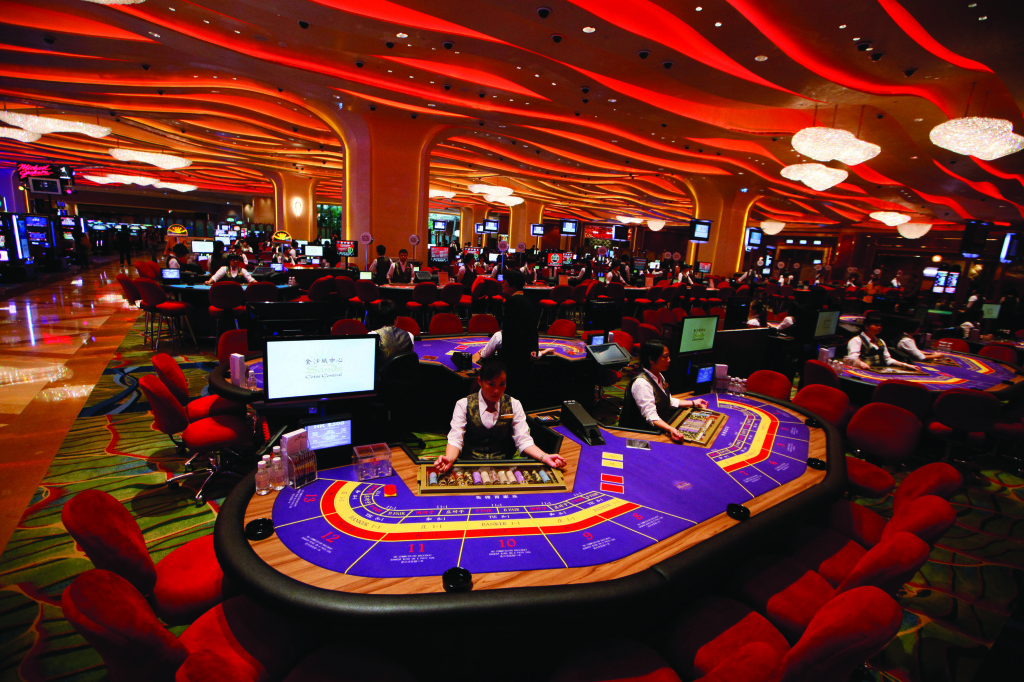There is consensus on the allocation of new concessions by the end of the year. However, although the situation seems favorable to the six companies that already operate in Macau, analysts say that there may be surprises, given the interest of other competitors and the influence that the trade war between China and the United States could have on the result.
The new Covid-19 outbreak led to the city going into “partial lockdown” from July 11 to 18. Non-essential establishments thus see their activity suspended, including casinos. However, the virus does not stop the contest for the allocation of gaming concessions.
Remember that the term of the current concessions was extended until the end of the year and that the amendment to the legal regime for the operation of games of chance in casinos was approved at the end of June, together with the revisions made by the Executive Board to its administrative regulations . These factors allowed the competition for new licenses to start on July 5th, underlining the Macau Government’s determination to create a new framework for the gaming industry before the end of the year.
FOLLOW GAME
According to a study recently published by investment bank J.P. Morgan, the Executive Board’s efficiency is “rewarding”, and proves that the authorities are committed to dealing with the process quickly. Twenty years ago, after the liberalization of the game, a week after the enactment of the law, the contest began, and the results were announced three months later. Therefore, the bank expects the process to begin this month or at the latest in August, with the winners to be announced later between the end of October and the beginning of November.
Academics and local analysts do not believe the government will delay the process despite the current outbreak. Alidad Tash, general director of 2NT8, a consulting company in the gaming industry, argues that “there won’t be any problems”, as he doesn’t see any obstacles to the process. “Despite the seriousness of the epidemic situation in Macau, much of the process does not need to be done in person”, he explains to PLATAFORMA.

According to the regulation, there are seven criteria for awarding concessions to bidders: The amount of the variable part of the proposed prize; plans to expand customer markets in foreign countries; experience in operating games of chance in casinos or related areas; the interest for the region from investments in gaming-related and non-gaming-related projects; the casino management plan; the proposal for inspection and prevention of illegal activities in casinos; and the social responsibilities they intend to assume.
Ricardo Siu, academic specializing in gambling and associate professor at the Faculty of Business Management of the University of Macau, agrees with the changes in the process, noting that during the discussion on the amendment to the law, the Government shared its intentions regarding the development of the industry. which, by the way, are very different from the last contest. “Twenty years ago the main focus was on infrastructure development, however, now that this objective has been practically achieved, the social responsibility of concessionaires and the development of foreign markets is the priority”.

The new gambling law establishes a maximum number of six concessions, with its validity being reduced from 20 to just 10 years, with the possibility of being extended for another three. Approved at the end of June, the current concessionaires issued a statement in which they declared their support for the law, as well as their confidence in the future development of Macau. Among these, Sands China, Wynn Macau, SJM Resorts and Galaxy Entertainment have made their position clear, expressing that they will “actively participate” in the new contest.
COMPETITION TO THE ‘BIG SIX’
Although the market expects the six companies to participate in the tender, there are those who raise the possibility that fewer than six concessions will be granted. Alidad Tash states that after the public consultation to amend the gambling law, “we have witnessed a series of unusual events, such as the proposal of government representatives in concessionaires and limits on profit sharing”. However, he says that “many of these issues have been clarified” with the introduction of new regulations. Hope, therefore, that there are no surprises during the next phase. “The six companies should receive their licenses without any problem.”

In 2001, when the first tender took place, the Government accepted 18 out of a total of 21 tenders. Siu predicts that in addition to the six concessionaires, there is still a “small competition”, not ruling out the possibility of competing with the ‘big six’. However, he thinks the probability is low, especially considering the impact of the pandemic on several foreign companies in the industry.
The academic cites the example of the Genting Group, a resort operator, whose subsidiary, Genting Hong Kong, a cruise operator, has declared bankruptcy due to lack of funds, predicting that the group will focus on its operations in Malaysia, Singapore and the Philippines. Taking into account the local and global economic situation, as well as the future income of this industry, Siu believes that the licenses of the six current concessionaires and sub-concessionaires will be renewed. “It is favorable for Macau to let the dust settle”, he defends.
The impact of the pandemic and government restrictions brought a 46.4 percent annual drop in gross gaming revenue (26,269 million patacas). This result represents only 17.6 percent of the revenue obtained in the pre-pandemic period, in 2019.
Ben Lee, managing director and founder of iGamiX, a gaming consultancy, reveals that “there are at least three more companies interested” in the contest, despite his interest in Macau having been deteriorating. This is due to the fact that the new law requires a minimum share capital of five billion patacas and the increase in the tax on indirect gambling income to five percent.
The revision of the law maintains the special tax rate on gambling at 35 percent, however, the tax rate for funding cultural, educational and social security projects has risen from four to five percent. If the concessionaire manages to attract customers outside the Chinese market, the Chief Executive may partially or totally exempt this tax. Even so, the special gaming tax is much higher than in neighboring regions, such as the Philippines, where it varies between 15 and 25 percent, and Singapore, with a maximum of 22 percent.

COMMERCIAL WAR FRAGILE COMPANIES
Ben Lee says that the tension between China and the United States could influence the new tender, noting that among the six big companies, three have North American capital (Sands China, Wynn Macau and MGM China). Since the beginning of the trade war between the two powers, in 2018, there are those who believe that this circumstance creates doubts in the favorites for the gaming concessions. “US-funded companies represent half of Macau’s gaming market, far from what Beijing had in mind when it started. I think it is very likely that at least one of these concessionaires will lose its license during the tender”, he reiterates.
Alidad Tash has a different opinion, arguing that the conflict will have limited impact on the contest. The analyst points out that the tension between the two countries has been attenuated since 2021, when Joe Biden was elected President of the United States. Comparing it with the public consultation phase of the amendment to the gambling law, which has suffered several criticisms, he says that this bidding process will be an “easy path”, even “boring”, in which the six current concessionaires and sub-concessionaires will renew without any problem.
“The current government of the Macao SAR takes a pragmatic attitude. Compared to the beginning of his term, he has also taken a more friendly attitude towards these six large concessionaires. In the last two years of the pandemic, companies in the industry have cooperated with the Government and maintained a healthy relationship”.
In April, responding to a question raised by a member of the Macau Legislative Assembly, Ho Iat Seng stated that the six companies were fulfilling their social responsibility. Although the pandemic has considerably reduced the number of visitors and there have been cases of industry members on unpaid leave or placed on a part-time basis, mass redundancies have not yet taken place. “I believe that the Government’s attitude in granting these licenses will follow this principle: as long as it has brought value to Macau, the company will be treated with courtesy”, says Tash.



